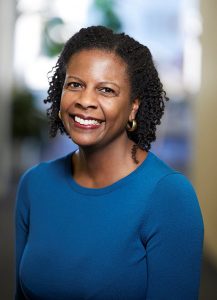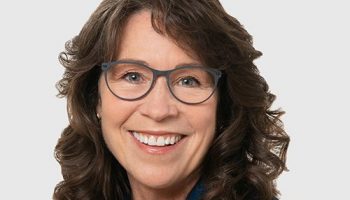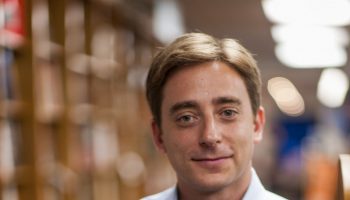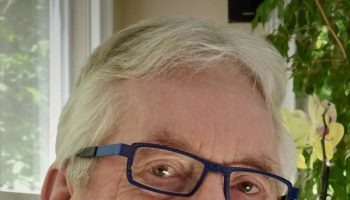On Oct. 24, 1945, in San Francisco, delegates from 51 different countries gathered with a goal to promote international human rights, social progress, and to never again see the horrors and destruction of a world war. With that, the United Nations was founded.

Seventy-five years later its goal remains the same. This January, the organization launched its UN 75 campaign, with a mission to, in the words of Secretary General António Guterres, “host the biggest-ever global conversation on the role of global cooperation in building the future we want.”
In service of this goal, the United Nations Association of the USA recently held 80 virtual consultations with more than 1,800 particants, representing all 50 states, Washington D.C. and Pureto Rico.
“We answered three big questions,” said UNA-USA Executive Director Rachel Bowen Pittman. “Are we on track to secure a better word? What kind of future do we want to create? And what action is needed to help us build a brighter future?”
Pittman will be speaking as part of Chautauqua Institution’s Week Nine Lecture platform, “The Future We Want — The World We Need: Collective Action For Tomorrow’s Challenges,” in partnership with the U.N. Foundation. Her talk, “Americans’ Role in Addressing Global Problems at a Local Level,” will air at 10:45 a.m. EDT Wednesday, Aug. 26, on the CHQ Assembly Video Platform.
The UNA-USA is a grassroots organization with a mission to raise awareness of and mobilize support for American participation in the U.N. There are more than 200 chapters in the U.S., with over 20,000 members nationally.
“The most important thing, I think, that we do is we advocate for strong U.S. leadership at the U.N. and U.S. funding at the U.N.,” Pittman said. “We galvanize our members throughout the year to take different advocacy action, be it through petitions or social media or going to (Capitol Hill).”
In the midst of the global pandemic, when the efficacy of current health, economic and social structures have been regularly thrown into question, the results of the UNA-USA’s consultation captured a snapshot of an America in the process of re-evaluation.
“There are all these issues that are coming to light that we need to address — how people reacted to the pandemic, and with that in mind, what they think is needed to have a brighter future,” she said.
For her talk, Pittman will take Chautauquans through the findings from the UNA-USA’s consultations, and explain what individuals can do to work toward the U.N.’s Sustainable Development Goals, a set of 17 goals the U.N. adopted in 2015 that seek to eradicate global poverty and hunger, reduce inequality and increase sustainability — and more — by 2030.
“We have 10 years (left) to work on these goals, but it requires civilian society, businesses and individuals like you and me to participate,” she said. “Anything from living a sustainable life to supporting a homeless shelter, to encouraging more gender equality around the world (can help).”
Pittman said that now, more than ever, Americans can see that from climate change to COVID-19, problems rarely stay contained to one nation’s borders.
“We have to work together because the pandemic has no knowledge of shores, it’s not going to stay in one place,” she said. “That’s just another example of why all of these issues are interrelated. People (need) to take note, and where they can, take action.”
This program is made possible by Week Nine “Program Sponsor” Erie Insurance, the Arnold and Jill Bellowe Lectureship and the Kathryn Sisson Phillips Memorial Lectureship Fund.




